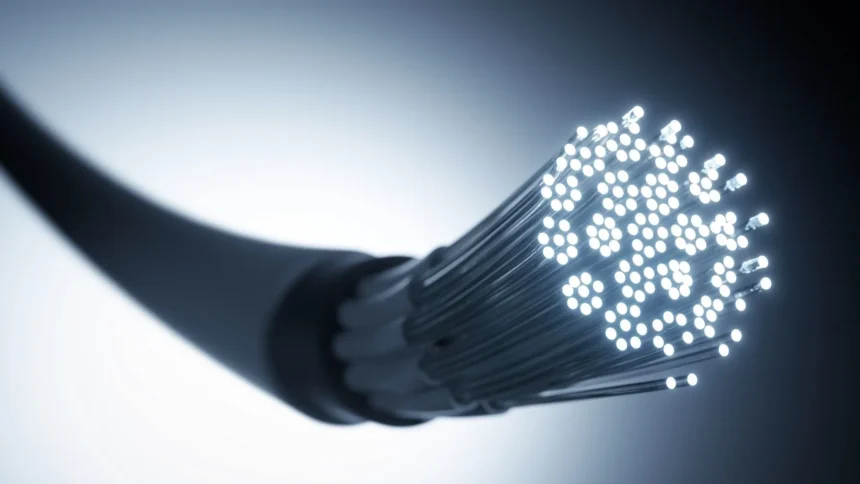Google has announced a groundbreaking project to build a massive fiber optic cable network connecting Africa and Australia. This initiative aims to enhance digital connectivity and infrastructure across multiple regions, ensuring more reliable internet access and increased redundancy in case of disruptions.
What’s Happening & Why This Matters
Google’s new fiber optic cable network, dubbed Umoja (which means “unity” in Swahili), will stretch from Kenya to South Africa and then travel subsea to Australia. The cable route will pass through several African countries — Uganda, Rwanda, the Democratic Republic of the Congo, Zambia, Zimbabwe, and South Africa — before reaching Australia’s west coast. This project is a significant investment in digital infrastructure by Google, providing more reliable internet connectivity to Africa. The initiative will play a crucial role in reducing the impact of service disruptions caused by cuts to subsea cables that previously affected internet traffic in Asia, Europe, and the Middle East.

The Umoja cable network is expected to boost digital connectivity, improve internet speeds, and ensure better resilience and redundancy for internet services in the affected regions. This is particularly important in light of recent incidents where telecom cables in the Red Sea were cut, disrupting an estimated 25% of internet traffic around Asia, Europe, and the Middle East. In addition to the cable project, Google is signing an agreement with the Kenyan government’s Ministry of Information, Communications, and the Digital Economy. This collaboration will focus on future cybersecurity and AI efforts, including the potential adoption of Google Cloud’s CyberShield, a cybersecurity offering that was adopted by Israel in August last year. Google has been involved in constructing undersea intercontinental fiber optic cables since 2008. The company has previously built a $300 million trans-Pacific subsea cable network connecting Japan to the US west coast and announced a subsea cable network down the west coast of Africa in 2019. More recently, Google revealed the Honomoana and Tabua cables, which will connect Fiji and French Polynesia to Australia and the US.
Impact and Reactions
Kenya’s President William Ruto expressed his enthusiasm for the project, stating, “I am delighted to welcome Google’s investment in digital connectivity, marking a historic milestone for Kenya, Africa, and Australia. The new intercontinental fiber optic route will significantly enhance our global and regional digital infrastructure.” Ruto emphasized the importance of this initiative in ensuring the redundancy and resilience of the region’s connectivity. The project is expected to mitigate the risk of future service disruptions caused by network hardware issues. More infrastructure and internet options mean users will be less likely to experience connectivity problems due to cable cuts or other disruptions.
TF Summary: What’s Next
The Umoja fiber optic cable network project is set to revolutionize internet connectivity between Africa and Australia, providing enhanced digital infrastructure and more reliable internet access. This Google global initiative will play a crucial role in supporting the digital economies of the regions involved, ensuring better resilience against service disruptions and fostering further technological advancements. As Google continues to expand its global fiber optic network, the project’s impact will be felt across multiple continents, contributing to a more connected, digitally integrated world.


